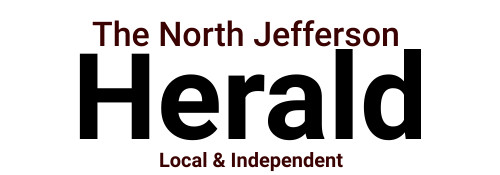
Now is the Time to Be Prepared to Buy a Home in 2023
On January 1, 2022, a 30 year mortgage rate was at approximately 3.25%. It is looking like we will finish the year somewhere in the mid 6's on a 30 year rate. If you do the quick math, this means that mortgage have DOUBLED in 12 months. This unpr





